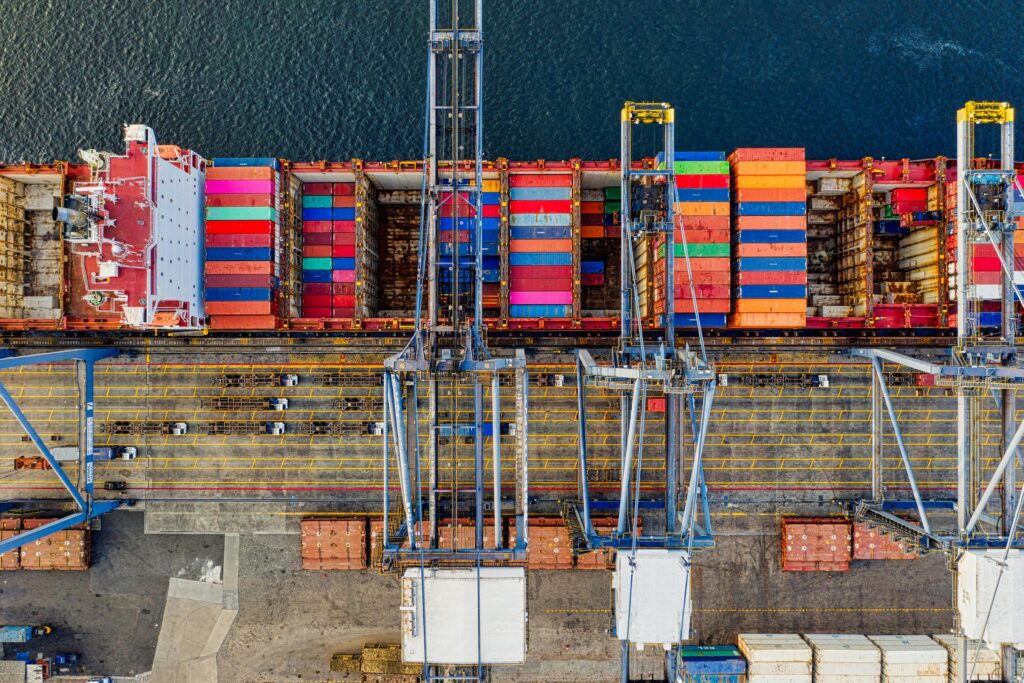
Whether you're importing commercial goods or personal effects, this guide is your roadmap to success. It will arm you with the knowledge to adeptly navigate Dubai's import regulations. We will delve into the nuances of customs duty rates, the restrictions on certain items, and the specific requirements for categories like food and IT products. Furthermore, we will dissect the customs clearance process, highlighting the submission channels and pre-arrival clearance options available.
By the conclusion of this guide, you will possess a comprehensive understanding of Dubai's shipping and customs regulations. This knowledge will empower you to make informed decisions, thereby optimizing your import operations.
In the United Arab Emirates (UAE), the Federal Customs Authority dictates national customs policies. Each emirate, however, has its own customs department. These offices are situated at airports, seaports, and land borders, ensuring the regulation of goods entering and exiting the country.
The Federal Customs Authority oversees customs activities nationwide. Yet, local customs departments, like Dubai Customs, are pivotal in enforcing import regulations within their emirate. They implement customs procedures, contributing to the country's trade framework.
Companies seeking to import goods into the UAE must obtain a trade license from the Department of Economic Development (DED) in their respective emirate. Foreign entities can either establish a local office or appoint a UAE national as a sponsor, agent, or distributor. This allows them to conduct business in the "mainland" (outside of free trade zones). Businesses within free trade zones can also leverage their trade license for importing goods into those zones.
The import code is essential for companies looking to import and export goods from Dubai to the world or from free zones to the Dubai mainland. It ensures compliance with import regulations and aids in tracking trade statistics, enhancing customs efficiency. Dubai Customs approves the import code, which is tied to the trade license's validity and requires annual renewal.
| Requirement | Details |
|---|---|
| Trade License | Mandatory for all companies importing goods into the UAE |
| Import Code | Necessary for businesses importing and exporting goods from Dubai; approved by Dubai Customs and renewed annually |
| Prohibited Items | Include controlled substances, counterfeit money, materials against Islamic teachings, live animals, weapons, medical supplies, and nuclear energy products |
By grasping the UAE's customs authorities and import requirements, businesses can efficiently import goods into the country. This ensures adherence to regulations, thereby avoiding potential issues or delays at the border.
Understanding the intricacies of importing goods into Dubai necessitates a profound grasp of standard trade documentation and supplementary requirements. For entities intent on shipping goods to Dubai, it is imperative to acquaint oneself with the requisite paperwork. This knowledge is crucial for ensuring a smooth customs clearance process.
To facilitate the importation of goods into Dubai, the UAE-based entity (consignee/agent) must present the following standard trade documentation:
For the importation of food products to Dubai, additional certificates are mandated:
We collaborate with our clients to ensure their customs declarations are submitted via the most suitable channels. Whether it's through the Dubai Trade portal, direct B2G communication, our team of experts will guides you. We ensure all necessary documents are submitted accurately and on time.
By submitting the necessary documentation in advance, we can expedite the customs clearance process and reduce delays.
The UAE's Federal Customs Authority dictates the country's customs policies. Each emirate, however, has its own customs department. Customs offices are situated at airports, seaports, and land borders.
Companies seeking to import goods into the UAE must first obtain the appropriate trade license from the Department of Economic Development (DED) within the emirate. Foreign entities can either establish a local office or appoint a UAE national as a sponsor, agent, or distributor. This is necessary for conducting business in the "mainland" (outside of free trade zones). Conversely, entities within free trade zones can leverage their trade license for importing goods into that specific zone.
The UAE-based company (consignee/agent) must present specific trade documentation. This includes a commercial invoice, a certificate of origin, a detailed packing list, and a bill of entry or airway bill. For food products, additional certificates are required, such as a health certificate and a Halal slaughter certificate for meat and poultry.
How can importers submit customs declarations in Dubai?
Importers can hire a reliable customs broker for submitting the declarations process.
For more detailed information, please feel free to email us at [email protected] with details of your shipment attaching available documents. We will answer you back.
Email: [email protected]
Call: +971-55-7910800 (Business hours)